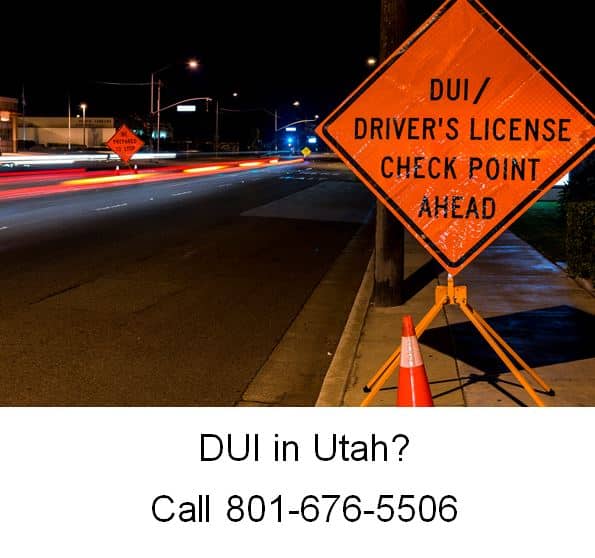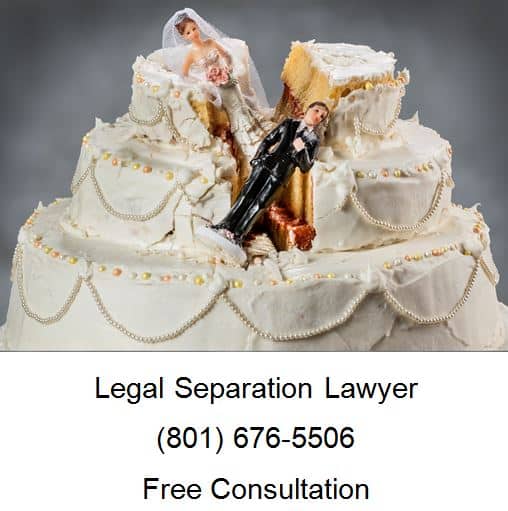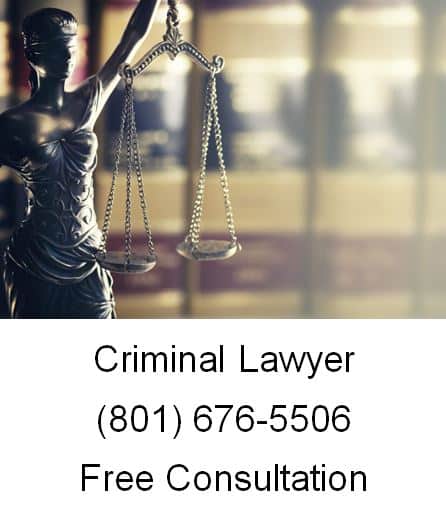
If you are being charged with DUI, your next course of action is to prepare for the criminal court process. A conviction for DUI can impact your career, your finances and your entire life. If you want to prevent DUI charges from ruining your life, you need to contact an experienced DUI attorney immediately to begin preparing for your DUI hearing. Furthermore, you will be taken to the police station and booked. After being booked, you will have to attend one or more hearings in front of a judge. In order to prepare for the hearings, you should understand the purpose of the hearing and what the state needs to prove. Proper preparation often requires the assistance of a lawyer.
A DUI defense attorney can help you take the following steps so you have the best chance at obtaining a favorable outcome in your case…
• Decide What Plea You Want to Enter: At an arraignment, you will formally enter your plea. Your plea will determine the next step in your case. If you plead guilty or no contest, the next step will be sentencing. If you plead not guilty, you will be able to test the evidence and challenge the prosecution. It is imperative that you discuss this with your DUI defense attorney before deciding on what plea to make. An attorney can review the facts of your case to help you determine the best course of action.
• Know Why You Were Pulled Over: In order to pull you over on suspicion of DUI, an officer needs to have reasonable suspicion. This usually means the officer witnessed you disobeying traffic laws or you were involved in a car accident. If neither of those circumstances occurred, law enforcement may not have had reasonable suspicion to pull you over.
• Write Down the Events of Your Case: Your recollection of the events of your case is key. In addition to the moments leading up to when an officer pulled you over, you need to remember what the officer said and did after pulling you over. Writing down these events while they are fresh in your mind will ensure you do not forget any details and will help expose any police misconduct.
• Have Documents and Other Evidence Prepared For Your Defense: The prosecution will be prepared with a written report from the arresting officer, the results of your blood sample and/or Breathalyzer tests, and all other evidence. You need to work with your defense attorney to obtain the necessary documents and evidence. If there were any passengers in your vehicle, they can provide testimony. If you have medical issues that could have affected the results of your blood-alcohol test or how you performed on field sobriety tests, you will need to provide documentation to your attorney. A knowledgeable attorney will help you determine what documents you will need to provide in order to obtain the best possible result in your case..
• Be Emotionally and Financially Prepared for the Outcome: No matter what happens in your case, you should be prepared to handle the consequences of a DUI conviction. A first-time DUI conviction is punishable by up to six months in county jail and fines of up to $1,000. The DMV will also suspend your driver’s license for up to six months.3
• Understanding DUI Hearings: Identify which hearing you are attending. Generally, you will appear in court several times for your DUI (unless you plead guilty). Each hearing will be different. At the arraignment you will appear before a judge, who will read the criminal charges against you. You will be asked if you need an attorney. If you cannot afford one, then you will need to apply to see if you are eligible for a court-appointed lawyer. At the arraignment, you will also enter your plead not guilty, guilty, or no contest. The judge will also decide whether to change the bail amount or release you on your own recognizance. After pleading “not guilty,” you will appear before the judge with the prosecutor. The prosecutor must convince the judge that there is “probable cause” to believe that you are guilty of DUI. The prosecutor can call witnesses. You may then cross-examine the witnesses. Not every state holds preliminary hearings. During a trial, the state and the defendant will choose a jury, deliver opening statements, present witnesses, and deliver closing arguments. The jury is then charged with their instructions and they retire to deliberate.
• Understand what the state must prove: At the arraignment, the state does not have to prove anything. However, at subsequent hearings, the state has certain burdens of proof that it must meet. The burden to convict you at trial is higher than the burden at the preliminary hearing. At the preliminary hearing, the state must present sufficient evidence to convince a judge that there is probable cause that you committed a DUI. If the state does not meet this burden, then the case is dismissed. At trial, the state must prove that you are “guilty beyond a reasonable doubt. This is a higher standard than probable cause. It generally means that the jury must be “firmly convinced” of your guilt.
• Meet with a lawyer. You should discuss whether or not you want to plead guilty at the arraignment. If you do, then you will avoid both the preliminary hearing and the trial. Instead, you will be sentenced for the crime. An experienced DUI attorney can help you consider your options. To find a DUI attorney, you can ask any friends or family who have been charged with DUI. Ask if they would recommend their lawyer. If you have no leads, then you can contact your state’s bar association, which should run a referral program. If you are indigent and do not have the funds available to hire an attorney, you may be eligible for a public defender. If your state classifies a DUI as a criminal offense (either a misdemeanor or felony), you will be able to get a public defender so long as you qualify. If your state classifies a DUI as a civil forfeiture case (i.e., not criminal in nature), you may not be able to get a public defender. To see if you are eligible, you will usually go to your county’s public defender office and fill out an application.
• Understand when to plead guilty: There’s nothing to be gained by fighting a DUI charge if you are actually guilty and the state has proof, such as results from a breathalyzer. In that situation, pleading guilty might be the only feasible option.
• Discuss the likely punishment with your lawyer: States have different penalties for DUI. Generally, all states will impose large fines and could also imprison you for up to six months in jail. If this is your first offense, however, you will likely get a lighter sentence. You might serve a few days in jail and have your license suspended for a year. If this is not your first DUI, then the judge will look closely at the facts of your case. Typically, the more you were over the Blood Alcohol Content minimum, the stiffer the sentence.
• Research drug or alcohol classes to attend: To shorten your sentence, you will probably need to attend drug or alcohol rehabilitation courses, like Alcoholics Anonymous (AA). You can show that you are serious about rehabilitating yourself by volunteering to take a class.
• Dress appropriately: You want to look neat and clean when you appear in front of the judge. You need to remember that the judge is looking down on you to see if you are likely to commit an offense again. You should present a “pulled together” image to the judge that conveys you can get your life in order. Men should wear long pants with a tucked-in collared shirt. Wear shoes and socks, and make sure that your clothes are pressed and clean. If you have a tie and sports coat, then wear those with your dress shirt. Women should wear slacks or a skirt with a nice blouse or sweater. You can also wear a dress provided it is not too provocative. Opt for flats or shoes with a short heel.
• Contact a bail bondsman: You should be prepared to post bail at your arraignment. If you are unprepared, then you will have to go to jail until you can get sufficient bail. Accordingly, you should contact a bail bondsman before your arraignment.
• Preserve evidence: If you decide to fight the DUI charge, then you will need to make sure that you preserve all evidence of the incident. For example, if you did a field sobriety test, then police could have video of it. Generally, police will only preserve evidence for 90 days. After that, they will destroy it. To preserve any evidence that the police department has, you should send a letter to the police department requesting that the video be preserved. Send the letter certified mail, return receipt requested so that you will know that the department received it.
• Request the police report: To prepare for trial, you will want a copy of the police report. The report should contain all of the information the officer took down about you during the arrest. You can make the request by sending a letter to the police department requesting the report. Keep a copy of the letter and mail it certified mail, return receipt requested. If you do not receive a copy of the report within a couple of weeks, then you may need to go to the courthouse and file a motion to compel the release of the police report.
• Identify weaknesses in the state’s evidence: If you are fighting the DUI, then you need to show that the state’s evidence is flawed in some way. There are many defenses that you can use. For example, you could argue the following: The officer lacked sufficient reason to stop you or to continue with the investigation. The officer may have relied on a faulty anonymous tip or have racially profiled you. The officer’s impression of your sobriety was not reasonable under the facts of your case. Officers need some sort of factual basis for inferring your lack of sobriety. If they do not have a valid suspicion, their case could be weak. The officer administered the field sobriety test wrong. Perhaps he or she was not trained properly in how to administer them. The breathalyzer results are not admissible. The machine may have malfunctioned or not been calibrated properly. The chemical tests were compromised. To challenge a chemical test, you will generally argue that because of the science behind this curve, your blood alcohol content was lower at the time of the arrest than at the time of your test. You would argue that, at the time of your arrest, your blood alcohol content was below the legal limit but rose above the legal limit while you were being arrested and processed.
• Subpoena witnesses: Other people can be good sources of evidence. For example, if you spent all night with another person, they could testify that they did not see you drink. Alternately, a witness could argue that they never saw the police officer give you a breathalyzer test. Generally, you can get subpoenas from the court clerk. You will have to coordinate getting them served on the witnesses. Most often, you can serve the subpoenas by using a professional process server or by having they served by someone 18 or older who is not part of the case.
It is no secret; those who prepare for their drunk driving court proceedings have a substantially better chance of achieving success. Although facts, evidence, and a person’s criminal history are important, judges are not going to think highly of you if you step into their domain and act as though you don’t care enough about the process to bring necessary items or documentation. By finding out what you should bring to court for a DUI and fulfilling those requirements you are signaling to the prosecution and the judge that you are taking the process seriously, which could be key to your success.
DUI Defense Lawyer Free Consultation
When you need legal help to defend against DUI Charges in Utah, please call Ascent Law LLC (801) 676-5506 for your Free Consultation. We want to help you.
8833 S. Redwood Road, Suite C
<span itemprop=”addressLocality”>West Jordan, Utah
84088 United States
Telephone: (801) 676-5506
Recent Posts
Is Possession Of A Controlled Substance A Felony In Utah?
What Are The Grounds For Legal Separation In Utah?
Source: https://www.ascentlawfirm.com/how-do-i-prepare-for-a-dui-court/




